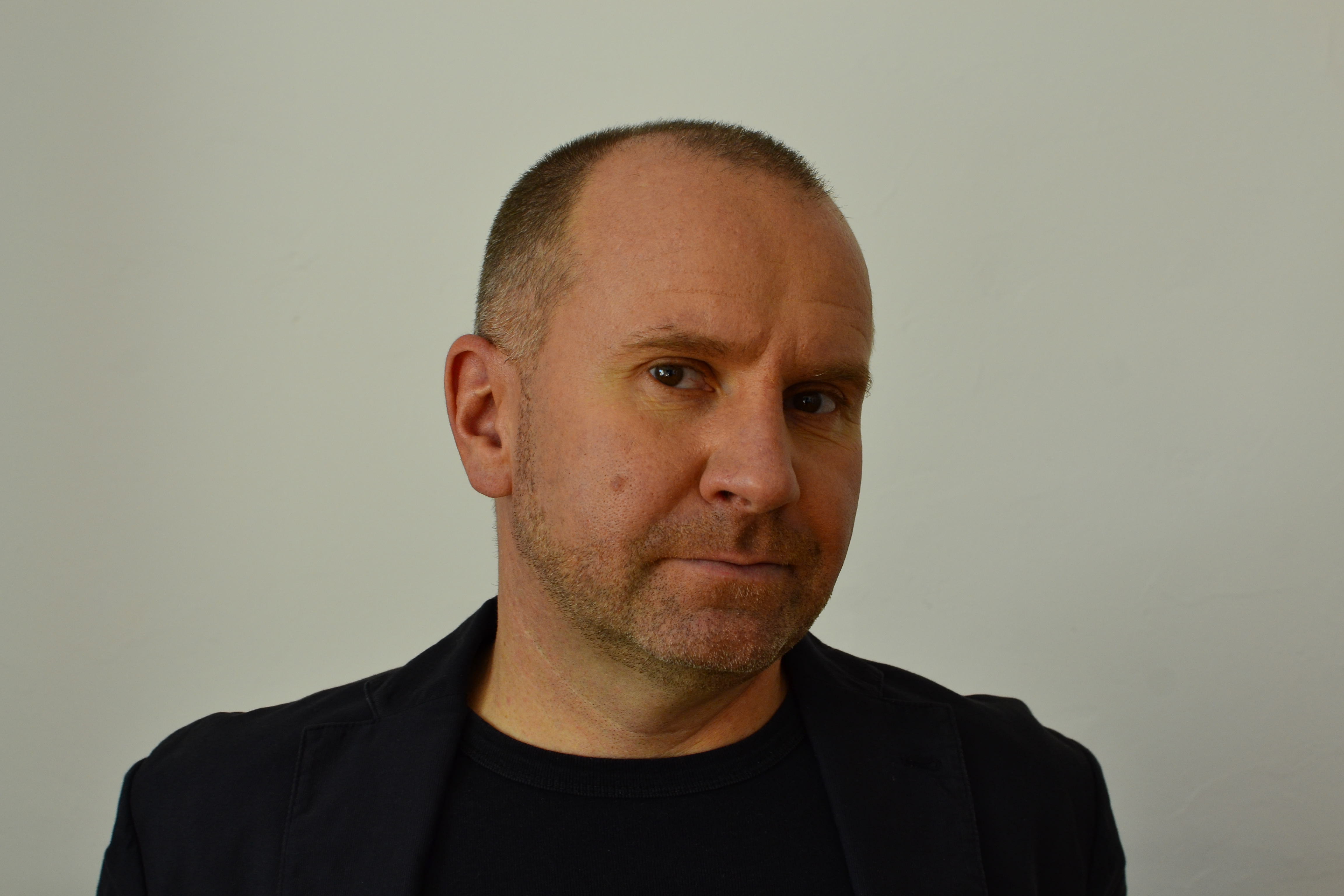Ardakh Nurgaz. Two poems in one theme or poets infinitely enrich the philosophical issues

Sometimes it is really hard to distinguish poetry and philosophy. It is even harder when they talk about the same issue. For instance, in Western philosophy, since the period of Plato, Aristotle it has been a world in which spirit and matter, soul and body are formally connected, also have a clear differentiation. Even modern philosophy now often pursues this trace. But in poetry, the soul is directly connected with the grand spirit. In the century of poets, before beginning their work, they used to ask for inspiration from the god (muse). In other words, the spirit and soul are very complicated. Solving it in a simple way by dividing one by two can lead to simplicity. Man is a combination of soul and body. However, the body is different from matter, which is expressed in philosophy. Another name for matter in philosophy embodies the whole material world. For instance, the ordinary material world is an ordinary stone, which is matter. But you cannot equate a stone with a human body just because they are both matters. This means that the body has its own essence. The mysterious nature of man, which consists of the invariable unity of spirit and body, has always attracted poets.
As I was flipping through the book «Hymn do dnia. Күн Әнұраны» by the Polish poet Pawet Marcinkiewicz, I came across a work entitled «Trakat o ciatach». Although the translation of Kazakh language was a little bit slovenly, the title of the poem immediately attracted me. J.L.Borges, Octavio Paz, and other poets had written wonderful poems on this subject.
If we translate the poem "Return" by O.Paz into Kazakh, it follows:
Біздің тәніміз жылыстап
Түн түнегінде даланы кесіп өтеді:
Ол өзіңді өзің тауысатын уақыт.
Құшақтар айқасқан сәтпен келмеске кетеді болмыс,
Бірақ, ол шексіз.
Жүректің лүпілі соққанда тынбай
Малтайсың шарық ұрып.
Біз солай тағы бір рет қарсы жағаға ораламыз
Мәңгілік сапардың тағы бір кезеңін бастауға.
This poem by O.Paz walks on the line, increases over time. O.Paz focuses on the meaning of body and soul in the nature of time. A person who reads O.Paz's poem enters a big space. The reader in that space is in the position of the spirit or the soul. The meaning of the poem is based on this feature.
P. Marcinkiewicz's poem is different. The Polish poet does not pursue the line, but the vertical. It categorises the thought. The reader who reads his poem feels as if he is putting the body in front of him, regulating it, and then writing down what he sees and knows. In other words, the reader is in the position of the body.
If O. Paz's poem is directed from spirit to body, then P. Marcinkiewicz's poem is directed from the body to spirit. Therefore the poems of two poets on the same subject have appeared in completely two different ways. This can be considered as an infinite enrichment of the philosophical controversy of the poets.
(I would like to note that in the book «Hymn do dnia. Күн Әнұраны» I have slightly edited the translation of the following poem)
Translated by Bayan Ardakh
Octavio Paz. Return
Fluyen por las llanuras de la noche
Nuestros cuerposson tiempo que se acaba
Presencia disipada en un aprazo
Pero son infinitos y al tocarlos
Nos banamos en rios de latidos
Volvemos al perpetuo recomienzo.
Pawet Marcinkiewicz: Тән туралы тракат (Trakat o ciatach)
Біз, тәнімізге назар аударуға тиіспіз
Оған сүт, шұлық қажет
Әйтпесе, ол талап қоя бастайды, бізден кетеді
Ұлы теңізге батып кеткен Атланта сияқты
Немесе жеңіске қол жинаған ақиқат тәрізді.
Біз барынша жақсы көруге тиіспіз оны
Жақсы көрген өзге тәнді құшырлана құшып
Саусақтан үзіліп түспесін жүзігің
Таба алмай қаласың қараңғыда қарманып.
Тән қалауын өзі іздейді
Қағылез жан болсаң, қарадан қалма
Ол бір шабытты шақ
Өр толқын тасыса, арнасынан асады.
...
Тәнге өзіңе үңілгендей үңілу керек
Шіркеуде дұға оқып мүлгігендей мүлгіп
Оған айқайға басатын алаң, сауда-саттықа баратын базар
Және ұзақ-ұзақ сапарларғар шығар жолдар керек.
...
Тәніміз бір күні бізден кетеді
Әуежайда біреу қалай кетсе, сол сияқты
Немесе оның аты өлім.
Тән кеткенде
Біз қаламыз көк тұманда көгаршын ұшырған сияқты
Фарфор табақтың бетінде жылжыған жарық
Ақыры өз дегенін табады.
Жан тәннің отынан жылу алып, шыр айналған көбелек сияқты.
(The poem is taken from the poet's collection of poems «Hymn do dnia. Күн Әнұраны»)
